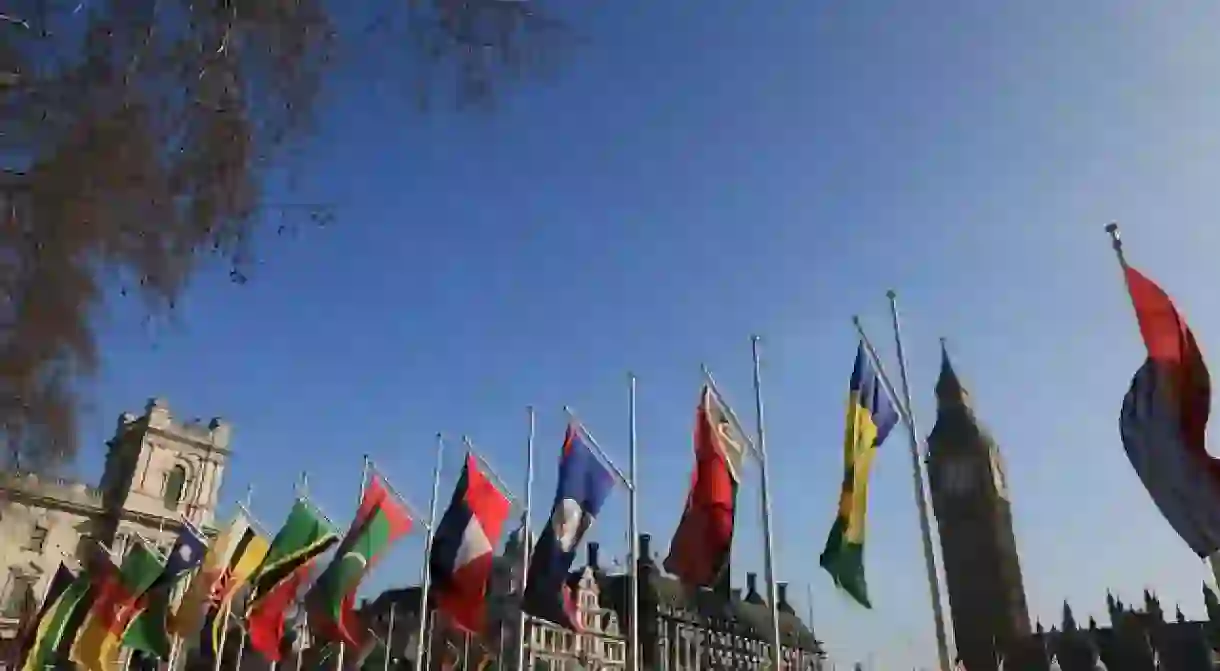Zimbabwe Has Been Invited Back Into the Commonwealth: Here's What This Means

Former President of Zimbabwe Robert Mugabe summarily withdrew the Southern African country from the Commonwealth in 2003, after Britain had encouraged other European countries to slap sanctions on Zimbabwe. However, the new government, in power since November 2017, has shown its willingness to re-join the Commonwealth. On its part, England through Queen Elizabeth II has publicly expressed Britain’s willingness for Zimbabwe to join the Commonwealth once again. This is what it means for Zimbabwe to be back in the Commonwealth.
Tourism
Before Zimbabwe pulled out of the Commonwealth, it was the preferred African destination for many tourists. Since then however, the British Foreign and Commonwealth Office has issued travel warnings to Zimbabwe.
This saw many other Commonwealth countries shunning Zimbabwe, and the tourism sector suffered immensely. The country relied heavily on tourists from the Asian markets, but this is set to change once Zimbabwe rejoins the Commonwealth.
“If Zimbabwe joins the Commonwealth, our tourism will boom because naturally the group of nations used to be our source market,” said Karikoga Kaseke from the Zimbabwe Tourism Authority.

Scholarships
Many Zimbabwean academics benefited from Commonwealth scholarships, but these were revoked when the country withdrew. The scholarships have produced over 80,000 graduates across the Commonwealth since 1959, with many of them returning home to contribute towards the development of their respective countries of origin.
“We lost out during our time in isolation. Zimbabweans can benefit a lot from scholarships that are offered in Commonwealth countries,” said respected academic Pardon Taodzera, who ironically was a recipient of the Commonwealth scholarships in the 1990s.
Economy
After sanctions were laid against Zimbabwe for gross human rights abuses in the early 2000s, and after its subsequent withdrawal from the Commonwealth, its economy struggled with inflation reaching unprecedented levels. However, trade between Commonwealth countries is growing from $200 billion in 2000, to an estimated $1 trillion in 2020. In 2016, trade among member states surged to $600 billion, while intra-Commonwealth greenfield investments are projected to have topped $700 billion. Zimbabwe, which is facing serious cash shortages, can benefit from trade within the bloc. Zimbabwe currently relies on trade with South Africa and China.
“The Commonwealth is a club, more of a community whose ties will now even be stronger because of Brexit. Zimbabwe stands to benefit from enhanced ties within the grouping of British and its former colonies from trade deals, export quotas and other such measures,” said economist Jeffrey Kasirori.
Sport
The Commonwealth Games are held every four years in a different Commonwealth member-country. The games are usually used as dress-rehearsals for major tournaments such as the Olympics. Tourism and the economy to the host country are boosted.
Zimbabwe’s Olympic gold medallist Kirsty Coventry said the Commonwealth Games provide the necessary exposure for athletes in Zimbabwe.
“It’s another way, especially for smaller countries, to get exposure and for athletes to get exposure, and to not suddenly go from the World Championships to an Olympic Games where it’s such a big difference in some sports. To have the Commonwealth Games would be really incredible,” she said.














